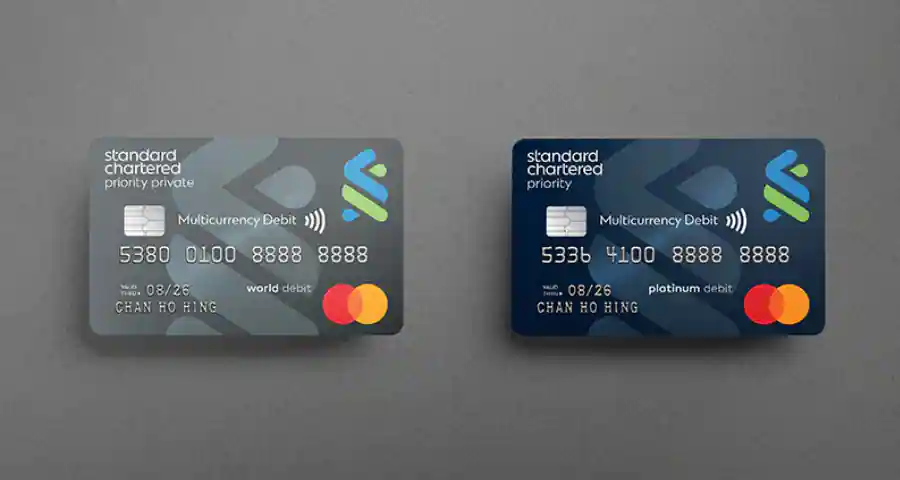A forex debit card is an efficient, secure and convenient way to transport money abroad. Unlike cash, it’s accepted virtually everywhere.
Like all cards, this one comes with some fees and charges to consider. Here are a few of them to keep in mind:
It is a prepaid card
A forex debit card is a pre-paid card that enables you to spend in foreign currency. These cards provide a safe, efficient and hassle-free method of managing your cash abroad.
You can swipe your credit card at point-of-sale machines or ATMs to make purchases or withdraw money in foreign currency. This is a more cost-effective alternative than purchasing or exchanging your own currency when traveling abroad.
However, you should also be aware of any fees and usage terms associated with reloading and encashing services, card issuance fees, ATM withdrawal charges and cross-conversion fees.
Furthermore, some forex dealers may waive off these fees; however, be sure to double-check before swipeping your forex card.
Comparing to credit cards, debit and forex cards, prepaid cards offer better conversion rates as they are issued as a prepaid card. Furthermore, it provides greater security since the amount loaded onto it is fixed at the time of loading and does not fluctuate in value over time.
It is safer than cash
If you are a student on a foreign exchange program or frequent traveler, investing in a forex debit card might be worthwhile. This prepaid credit card allows you to load funds with foreign currencies before departing India and pay for items abroad without any hassle or complications.
In general, carrying cash is far riskier than using a forex card. It comes with an app-linked pin to protect your wallet, and even if it’s stolen, you can still get your money back by freezing the card in the app.
Before you purchase a forex card, ensure it has several key features such as zero or minimal fees for currency conversion, transactions at merchant outlets or when withdrawing cash from ATMs. Furthermore, look for a card with an intuitive display which alerts you to important functions and an easy-to-use user interface.
It is a multi-currency card
Forex cards are an efficient and secure way to fund international travel expenses. They’re a safer alternative than cash and can be used for payments at hotels, restaurants, petrol pumps and airlines alike.
Debit or credit cards are more expensive, while ATM cards offer fixed exchange rates that don’t change daily.
Prepaid cards are an ideal solution for travelers who don’t feel confident buying and selling currencies at exchange bureaus or banks, as it will save them the hassle of dealing with fluctuating exchange rates. Furthermore, having a prepaid card helps avoid being charged extra fees on every transaction – commonly referred to as forex mark-up.
Forex cards come in a variety of types, from single currency to multi-currency options. When selecting one for your trip, take into account that different cards offer various features and benefits.
It is a debit card
Forex debit cards are prepaid cards that can be loaded with any amount in a currency local to the destination country. With them, you’ll be able to swipe the card at POS machines or ATMs around the world without worrying about incurring any foreign exchange mark-up charges.
Forex cards provide better rates of currency conversion and protection against market fluctuations compared to credit cards. However, they come with a one-time joining fee as well as other fees.
With Fi Money, you can use a forex debit card to pay for purchases and withdrawals abroad without incurring additional fees. Plus, carrying cash on an international trip is much safer than using the funds loaded onto the card – since you are only using what you have stored as currency on the card.
Debit/credit cards are widely accepted around the world and can be used to purchase airline tickets, hotel bills, restaurant meals etc. However, they are subject to currency rate fluctuations which could make them more expensive than using a forex card.


